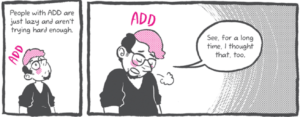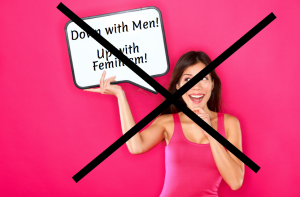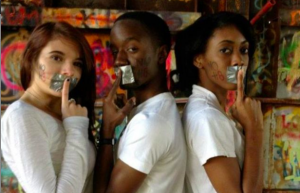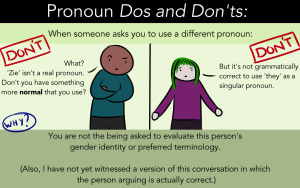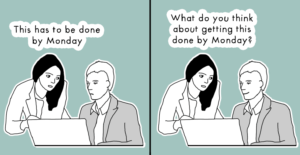Akala: Everyday racism: what should we do? Racism is a business. For centuries it has underpinned global economic exploitation, and like any successful business idea, it needs great marketing, PR, and advertising to ensure lasting success. That marketing affects everyone.
Let me give you an example. I remember a few years ago, after having just finished a tour, I was paying in some cash at the bank. We’d done quite well on merchandising. Next to me at the counter, another young Afro-Caribbean male, similarly dressed, was also paying in quite a large some of money. Surprisingly, my first thought was one of suspicion. Hmm, I wonder what he does for a living.
Yes, even though I know that working class young black men do not control the multibillion-dollar drug industry, the connection between people who look like me and drug dealing has been seared into my mind thanks to a lifetime of advertising campaigns like this. These images feed a culture of racial assumptions that produce micro-aggressions that I’m going to call everyday racism.
Now in the context of global injustice, these might seem trivial, but in fact, these daily hostilities lay the ground for much larger systemic violence. Everyday racism is the normalized experiences that we encounter daily based on our difference from the white norm. Take being stopped and searched by the police at age 12, what would be the first of many times; people shouting nigger or coon from car windows on trips to Romford during my time playing for West Ham as a schoolboy; regularly being asked if I had drugs to sell; or to pay upfront for black cabs; or being sarcastically asked by a tutor when I attended the World Institution of Mathematics master classes how many of the “tribe” I was bringing to the family celebration day. I could go on. I’ve left out the hard stuff.
Constantly feeling like a suspect leads to the kind of shame that prophetically makes me take the bass out of my voice or attempt to make myself smaller when I’m in a lift alone with a white woman. In the world of a whitened Jesus and Hollywood’s white savior motif, the idea that white is right has taken root globally to the degree where skin bleaching has become a multibillion-dollar industry. According to the World Health Organization, 40% of Chinese women bleach their skin, and 77% of Nigerian women, the world’s highest percentage. It’s not just those two countries. Millions of humans literally pouring bleach onto their skin to try and be whiter: normalized insanity.
Of course, this internalization is how effective advertising works. Major brands become etched into your psyche, and the system that sells racism is doing a fantastic job. For example, I’ve visited countless schools, and again and again and again seen children of African origin get embarrassed when saying their own foreign sounding names, even at schools with predominantly black and Asian peoples. I’m yet to see a child called Tim or Paul laugh in shame as they introduce themselves.
Yet racism seems to be one of the only problems that some people conveniently believe that we can solve without first analyzing its cause and then plotting its destruction as any concerned doctor would with any other disease. We cannot let ourselves be bullied into being silenced for fear of playing the race card. Whilst we must not conflate every act of prejudice with structural white supremacy, we must recognize the relationship between top-down propaganda and the bias that we carry. Fighting prejudice, both in society and within ourselves, is a key part of the search for justice.
Speaker 2: About two-thirds of them are African-American or Latino. They’re overwhelmingly poor, substance abusers, a large number of mental patients.







